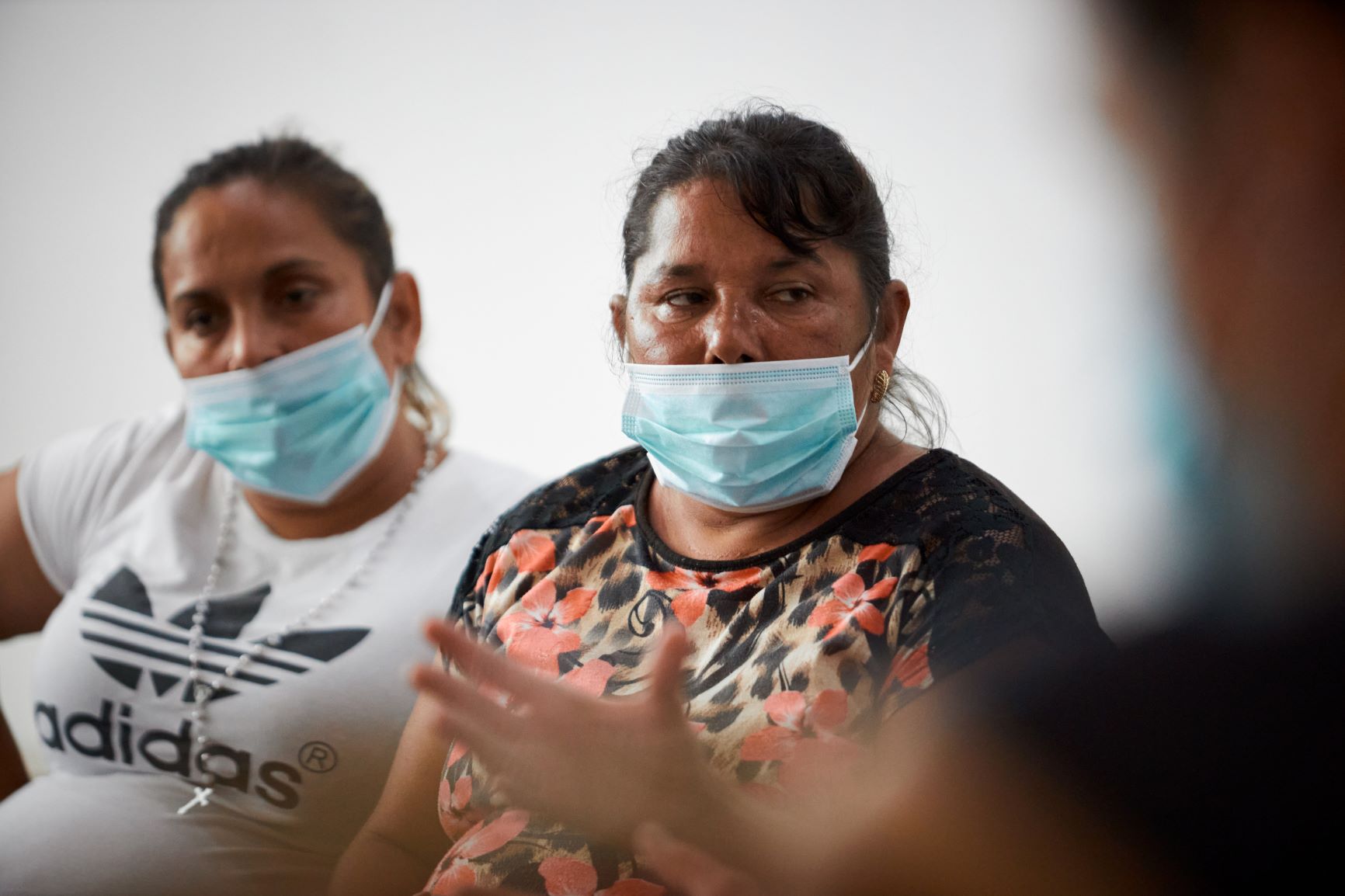
We called on the Slovak Ministry of Labour to amend several legal provision that discriminate disadvantaged Roma women
We addressed the Slovak Ministry of Labor, Social Affairs and the Family a letter to drew its attention to several legal provisions in the field of state social support which, in our legal opinion, have a disproportionately negative impact on disadvantaged Roma women and ultimately discriminate against them.
We have been advocating for changing these provisions for several years, but the government and the responsible ministries have ignored our legal arguments about their non-compliance with anti-discrimination law.
These are the provisions of several legislation that regulate providing selected social benefits, namely parental allowance, child allowance, financial assistance in material need and childbirth allowance.
What do these provisions have in common? The state regulates by them appropriate social benefits by meeting conditions that do not take into account the broader context and social disadvantage of Romani women living in marginalized environments and their families, and the institutional racism they unfortunately often face in the Slovak society.
In practice, apparently in an effort to eliminate an undesirable phenomenon or behavior of a certain group of people in society (such as premature departure of Romani women – mothers after childbirth from maternity wards, proper non-compulsory school attendance by Romani children from marginalized Romani communities, increased crime rate of Roma children and young people) have created a system of certain sanctions through non-granting or reduction of a certain state social benefit.
However, this does not usually lead to the elimination of the reasons why the behavior of a certain group of the population, which the state perceives as undesirable, occurs. On the contrary, public authorities overlook the wider reasons for these phenomena in marginalized Roma communities and do not take effective measures to eliminate them – measures, which would lead to the elimination of intergenerational poverty and marginalization of Roma women and their families, and the provision of quality education for disadvantaged Roma communities. children without segregation, elimination of residential segregation of marginalized Roma communities, institutional racism and the like.
Unfortunately, the Ministry of Labor has rejected our arguments about the discriminatory nature of the provisions these days. Even though their disproportionate negative impact on Roma women and their children has long been pointed out by the UN Committee on the Rights of the Child.
You can read our letter as well as the answer of the Ministry of Labor.
However, our efforts in this direction are not over. We have been pursuing an acti popularis anti-discrimination lawsuit against the state in this matter for several years. We believe that a positive court ruling could trigger the legislative changes we are seeking.

